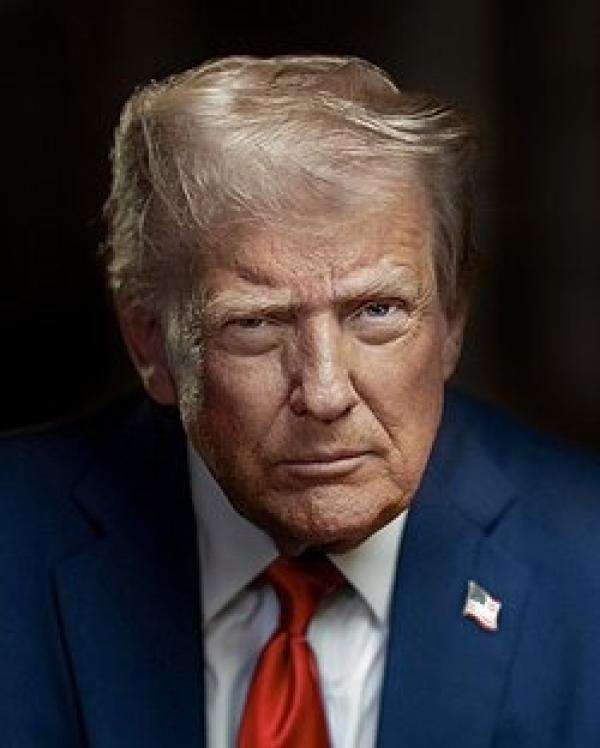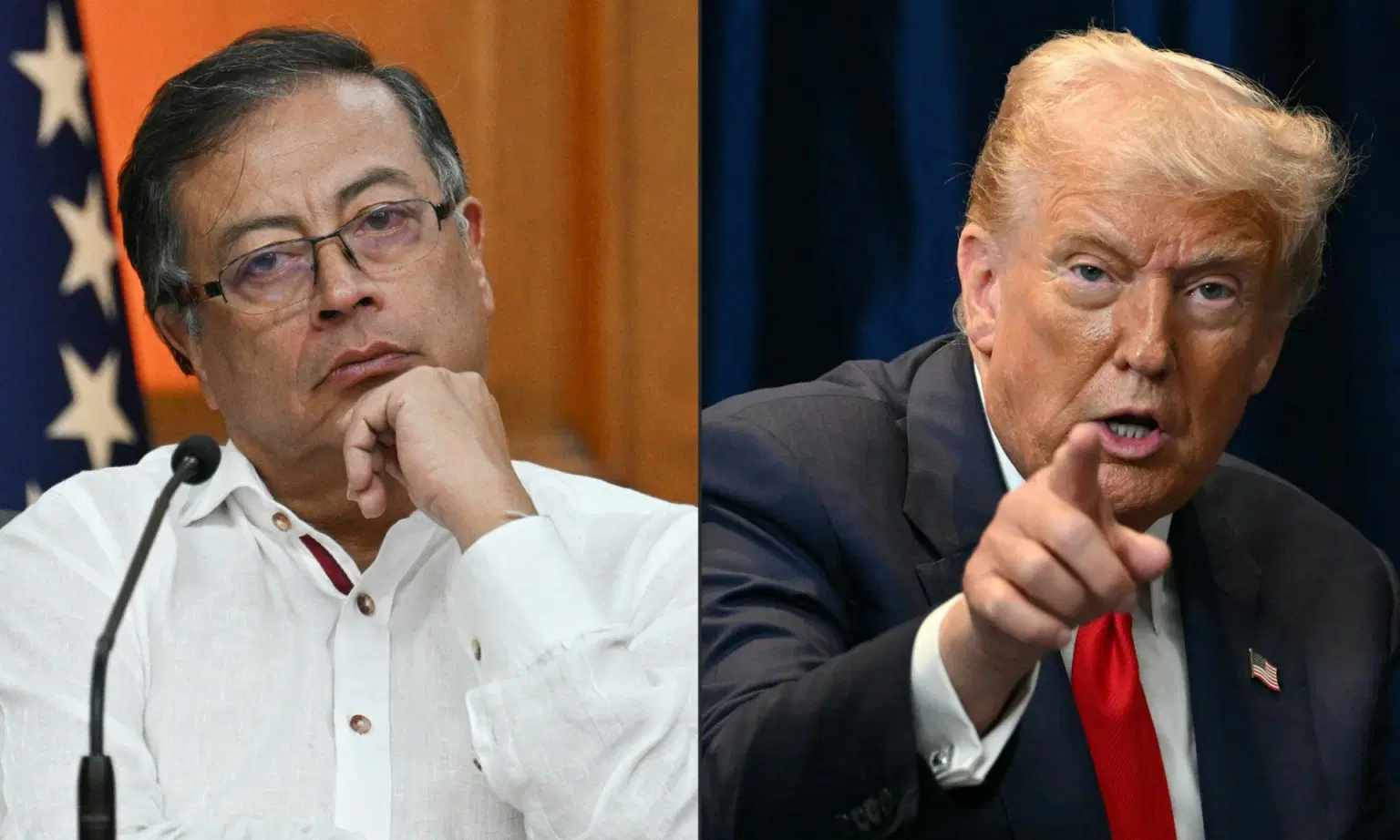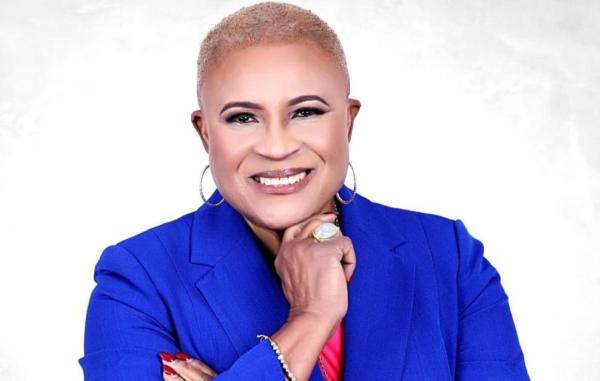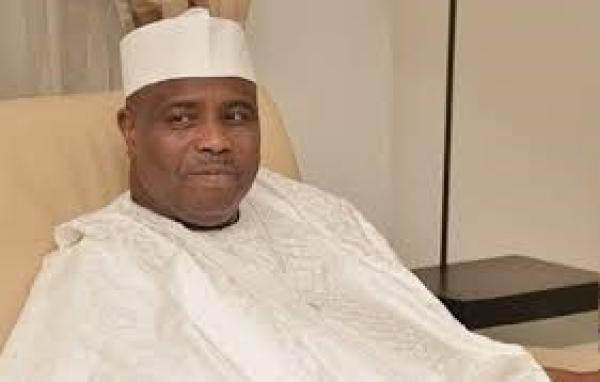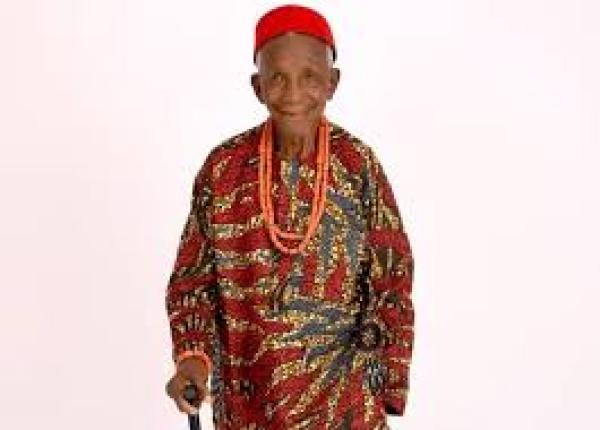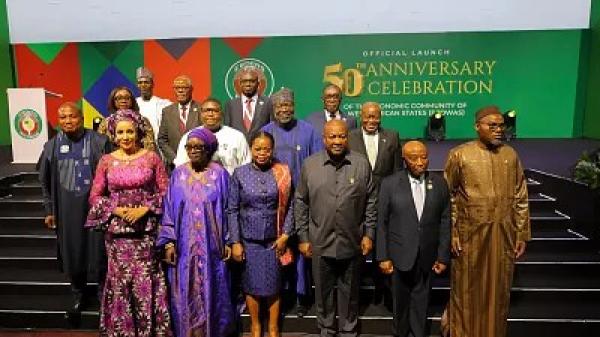
Exactly 50 years ago, on May 28, 1975, fifteen West African countries agreed to establish the Economic Community of West African States (ECOWAS).
The first leadership was handed to the former Liberian president, William Tubman.
Thanks to the profound work and call for unity by both the Togolese president Gnassingbé Eyadéma and Nigerian former leader Yakubu Gowon, the union came into effect in West Africa.
Both traversed the region, leading to the signing of the ECOWAS treaty in 1975 in Lagos by 15 nations.
The Lagos treaty was meant to enable the free movement of goods and people within the region. It was in 1990 that they abolished the use of personal identification cards while moving across the border.
Despite all its achievements, the journey has not been smooth.
The three-nation block of Mali, Burkina Faso and Niger announced last year that they were leaving the regional bloc known as ECOWAS.
They then created their own security partnership, known as the Alliance of Sahel States, severed military ties with longstanding Western partners such as the U.S. and France, and turned to Russia for military support.
In response, the bloc outlined transitional guidelines, maintaining policies like free trade and visa-free movement, at least temporarily.
Now, member states are set to finalize those measures and determine next steps. Tensions have grown after the three countries, now part of the Alliance of Sahel States, imposed a 0.5 percent import duty on ECOWAS goods — a move that challenges the region’s free trade ambitions and complicates relations further.
As discussions continue in Accra, ECOWAS faces the challenge of redefining its ties with the breakaway nations, while preserving stability and cooperation across West Africa.












